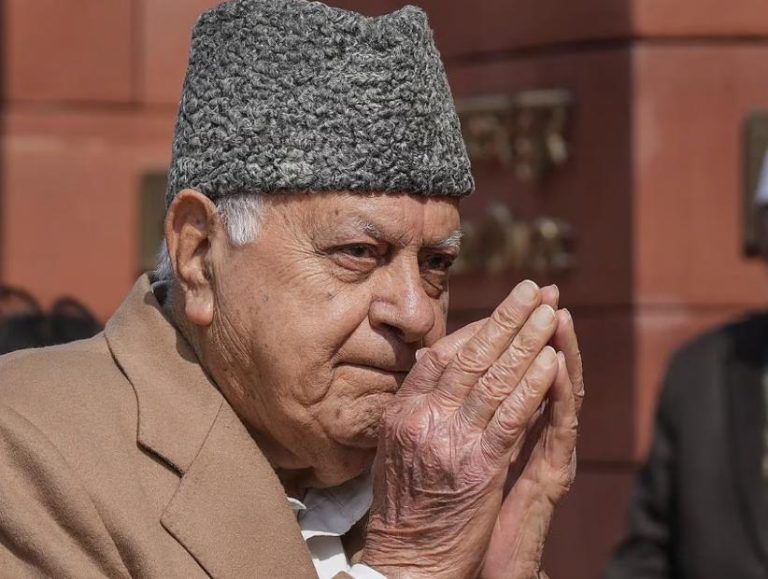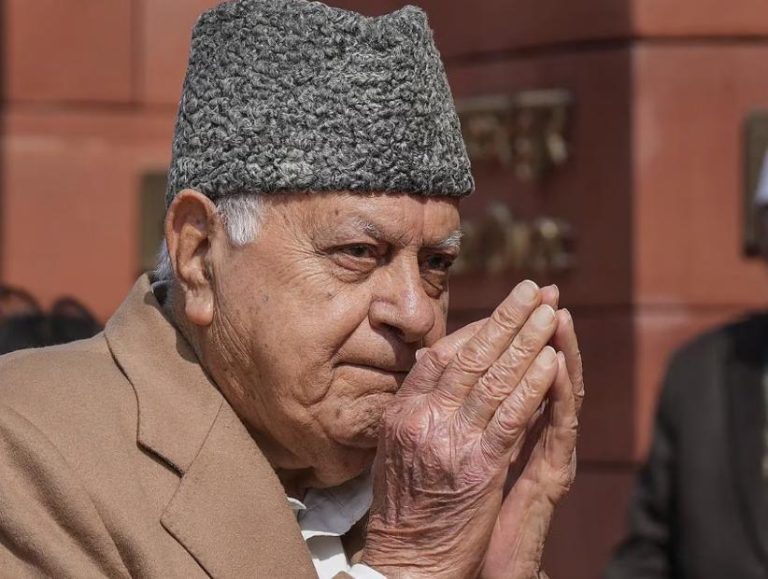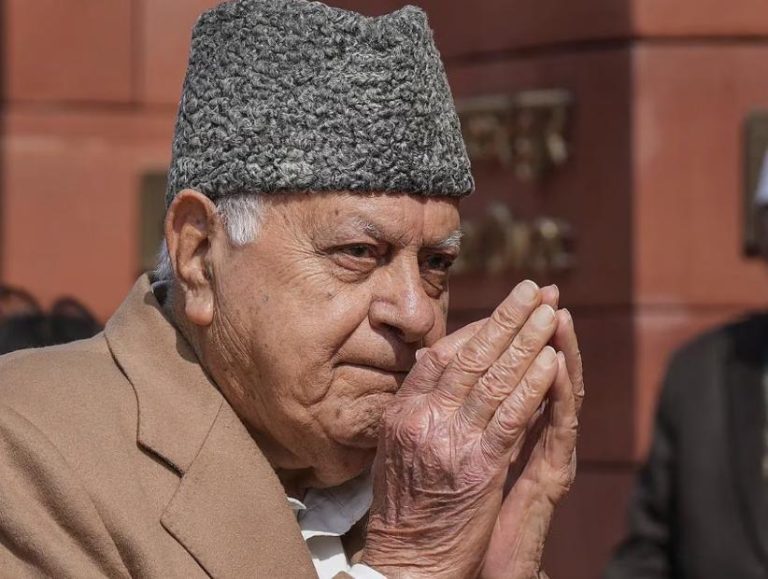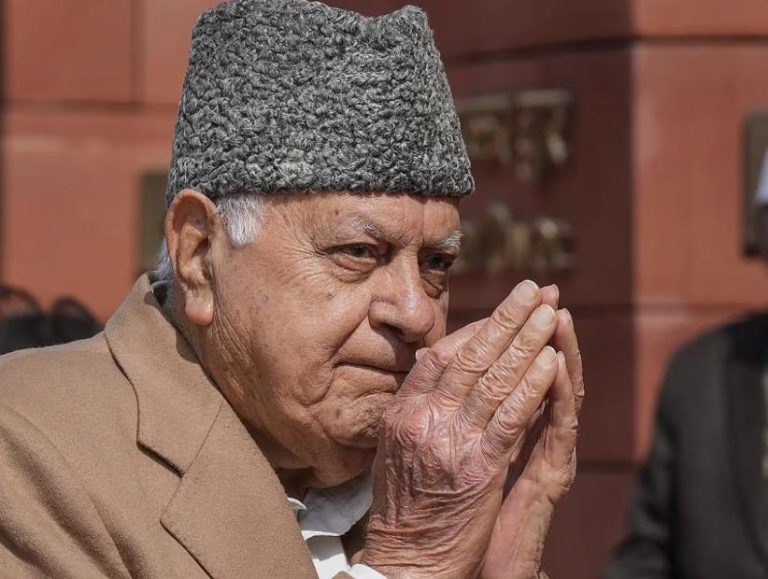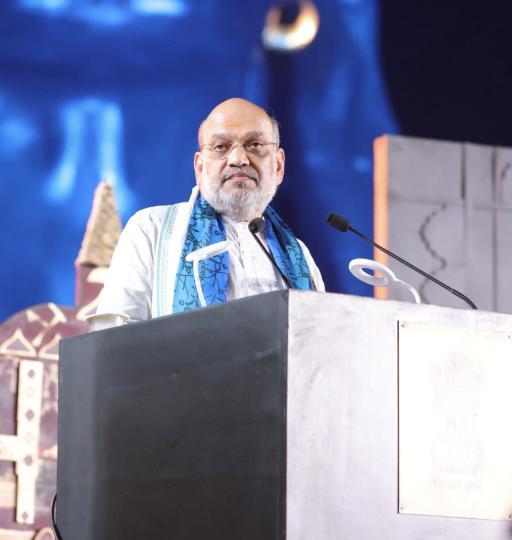
I Apologise for Being Unable to Speak Tamil: Shah Amid Language Row
The debate over the three-language policy in the National Education Policy (NEP) has been making headlines in recent times, with the Dravida Munnetra Kazhagam (DMK) strongly opposing the move. The row recently took a new turn with Union Home Minister Amit Shah apologizing for not being able to speak the “world’s oldest language”, Tamil, during his visit to Coimbatore’s Isha Foundation for Maha Shivratri celebrations.
The NEP, which was introduced by the Centre last year, recommends that students in schools and colleges should study three languages – their mother tongue, Hindi, and English. This has led to opposition from various sections, including the DMK, which has been demanding that the policy be scrapped.
Amit Shah’s remarks on Wednesday sparked a fresh controversy, with many questioning why he should apologize for not speaking Tamil. The Home Minister’s statement has also been seen as an attempt to placate the sentiments of the Tamil people, who have been at the forefront of the protests against the NEP.
The DMK has been spearheading the opposition to the NEP, with its leaders accusing the Centre of trying to impose Hindi on the non-Hindi speaking states. The party has also been demanding that the policy be reviewed and that the Centre should not try to impose its language on the states.
The NEP has been a contentious issue since its introduction, with many criticizing the Centre for trying to impose Hindi on the non-Hindi speaking states. The Centre has, however, maintained that the policy is aimed at promoting national unity and that it is essential for the country’s development.
Amit Shah’s apology for not being able to speak Tamil has been seen as a conciliatory gesture, but it has also been criticized by many. The Home Minister’s statement has been seen as an attempt to buy peace, but it has also been criticized for being insensitive to the feelings of the Tamil people.
The Tamil people have a strong sense of pride in their language and culture, and many have been protesting against the NEP, which they see as an attempt to impose Hindi on them. The Centre’s decision to make Hindi a compulsory subject in schools has been seen as a threat to the very existence of the Tamil language.
The DMK has been at the forefront of the protests against the NEP, and its leaders have been demanding that the Centre should not try to impose its language on the states. The party has also been criticizing the Centre for trying to divide the country on linguistic lines.
The NEP has also been criticized for being a tool of linguistic imperialism, with many accusing the Centre of trying to impose Hindi on the non-Hindi speaking states. The Centre’s decision to make Hindi a compulsory subject in schools has been seen as a threat to the very existence of the non-Hindi languages.
Amit Shah’s apology has also been seen as a recognition of the importance of the Tamil language and culture. The Home Minister’s statement has been seen as a gesture of goodwill, but it has also been criticized for being too little, too late.
The Tamil people have a strong sense of pride in their language and culture, and many have been protesting against the NEP, which they see as an attempt to impose Hindi on them. The Centre’s decision to make Hindi a compulsory subject in schools has been seen as a threat to the very existence of the Tamil language.
The NEP has also been criticized for being a tool of linguistic imperialism, with many accusing the Centre of trying to impose Hindi on the non-Hindi speaking states. The Centre’s decision to make Hindi a compulsory subject in schools has been seen as a threat to the very existence of the non-Hindi languages.
In conclusion, Amit Shah’s apology for not being able to speak Tamil has sparked a fresh controversy, with many questioning why he should apologize for not speaking the language. The Home Minister’s statement has been seen as an attempt to placate the sentiments of the Tamil people, but it has also been criticized for being insensitive to the feelings of the Tamil people.
The NEP has been a contentious issue since its introduction, with many criticizing the Centre for trying to impose Hindi on the non-Hindi speaking states. The Centre has, however, maintained that the policy is aimed at promoting national unity and that it is essential for the country’s development.
The DMK has been spearheading the opposition to the NEP, with its leaders accusing the Centre of trying to impose Hindi on the non-Hindi speaking states. The party has also been demanding that the policy be reviewed and that the Centre should not try to impose its language on the states.
The NEP has also been criticized for being a tool of linguistic imperialism, with many accusing the Centre of trying to impose Hindi on the non-Hindi speaking states. The Centre’s decision to make Hindi a compulsory subject in schools has been seen as a threat to the very existence of the non-Hindi languages.
In the end, the controversy surrounding the NEP and Amit Shah’s apology for not being able to speak Tamil is a reminder of the importance of language and culture in our society. The Centre’s decision to make Hindi a compulsory subject in schools has been seen as a threat to the very existence of the non-Hindi languages, and the Tamil people have a strong sense of pride in their language and culture.
As the debate over the NEP continues, it is essential that the Centre listens to the concerns of the non-Hindi speaking states and ensures that their language and culture are preserved. The Centre’s decision to make Hindi a compulsory subject in schools has been seen as a threat to the very existence of the non-Hindi languages, and it is essential that the Centre reviews its decision and ensures that the rights of the non-Hindi speaking states are protected.
